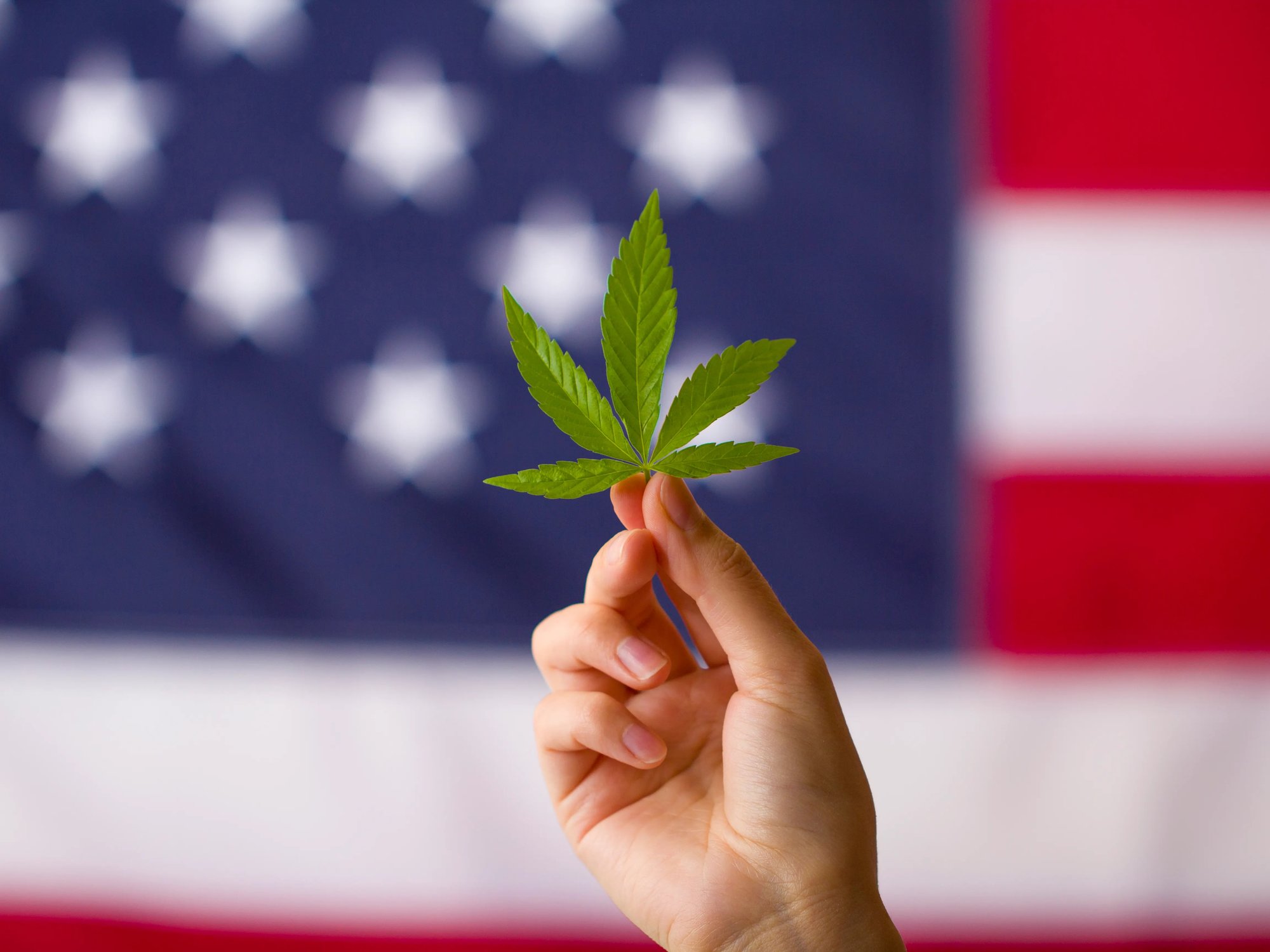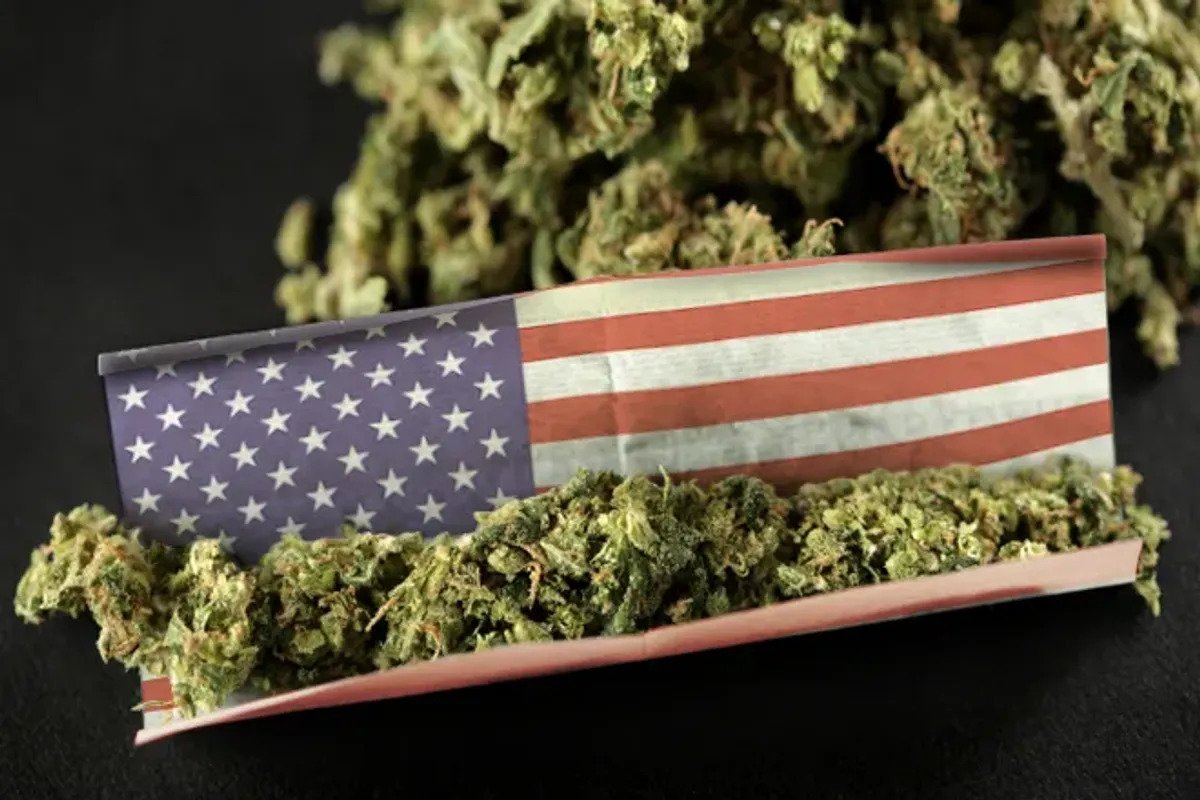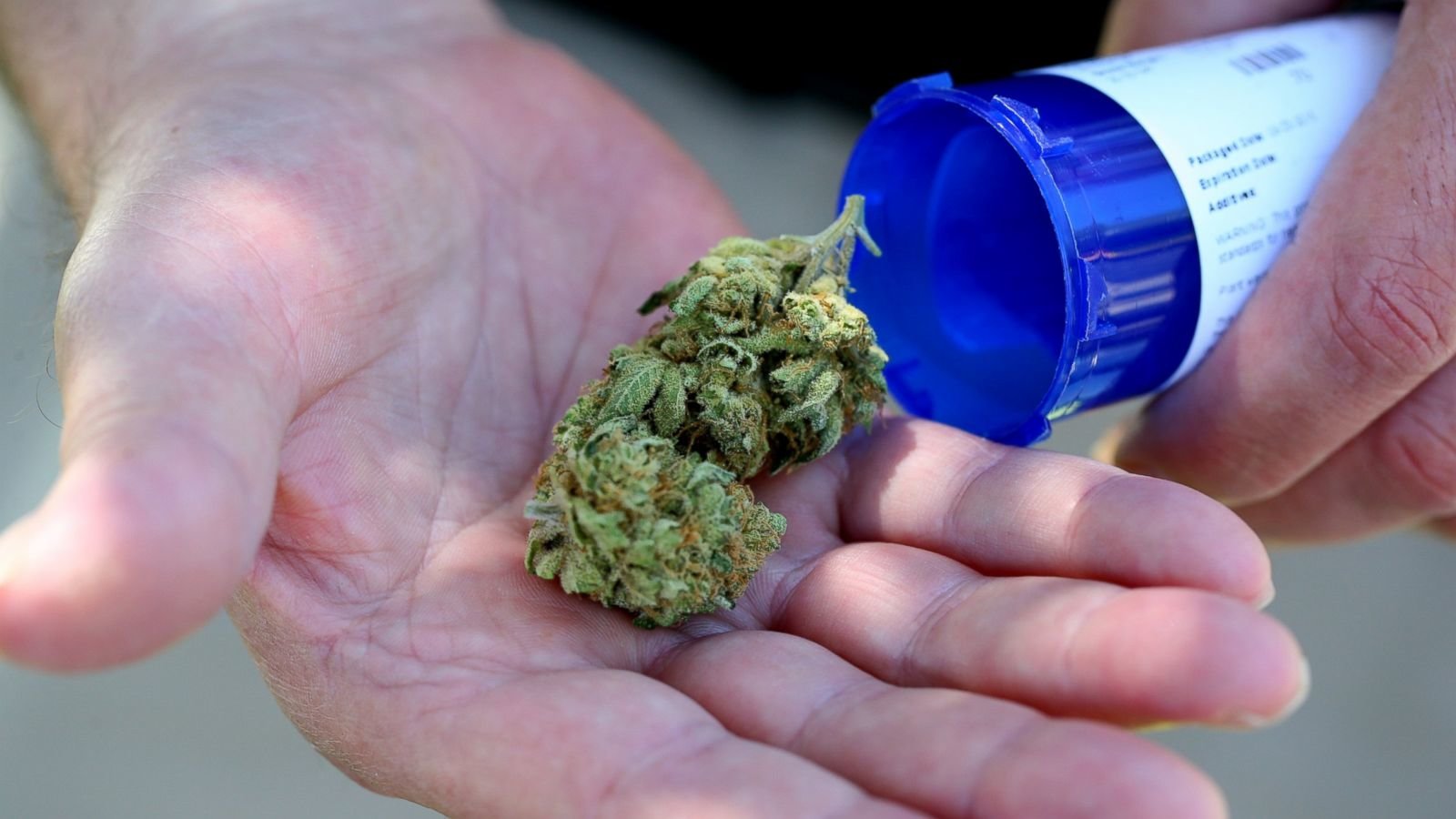
The Road to Removing Cannabis from Schedule I: Implications and Progress
The ongoing debate over the classification of cannabis under the Controlled Substances Act has garnered significant attention in recent years. With growing evidence of its medical benefits and changing societal attitudes, there is a push to reevaluate its categorization as a Schedule I substance.

Understanding Schedule I Classification:
Under the Controlled Substances Act of 1970, the U.S. federal government classifies drugs into five schedules based on their potential for abuse, medical utility, and safety. Schedule I is reserved for substances considered to have a high potential for abuse, no accepted medical use, and a lack of accepted safety. Cannabis has long been classified as a Schedule I substance alongside drugs like heroin and LSD.
States that have legalized cannabis for medical or recreational use could experience economic benefits through increased tax revenue and job creation.
Implications of Reclassification:
- Medical Research: Removing cannabis from Schedule I would open doors for extensive research into its medical applications. Currently, researchers face numerous barriers due to the restrictive classification, hindering comprehensive studies on its potential benefits.
- Access to Medical Treatment: Reclassification could lead to improved access to medical cannabis for patients with various conditions, including chronic pain, epilepsy, and multiple sclerosis. Physicians would have greater freedom to recommend cannabis treatments.
- Criminal Justice Reform: Many argue that the classification of cannabis as Schedule I disproportionately impacts marginalized communities through arrests and incarceration for non-violent drug offenses. Reclassification could contribute to criminal justice reform efforts.
- Economic Opportunities: Removal from Schedule I could encourage further growth of the legal cannabis industry. States that have legalized cannabis for medical or recreational use could experience economic benefits through increased tax revenue and job creation.
- Consumer Safety: Regulation and standardization of cannabis products would become more feasible, ensuring consumers have access to safe and accurately labeled products.
Progress Toward Reclassification:
- Legislative Efforts: Several bills have been introduced in Congress to remove cannabis from Schedule I or to reform federal cannabis laws. The most prominent of these is the "Marijuana Opportunity Reinvestment and Expungement (MORE) Act", which aims to decriminalize and deschedule cannabis.
- State Legalization: The growing number of states legalizing cannabis for medical and/or recreational use has put pressure on the federal government to reconsider its stance. This state-level momentum has prompted discussions at the federal level about the need for reform.
- Public Opinion: Public opinion on cannabis has shifted significantly, with a majority of Americans supporting its legalization. This shift in attitudes has influenced policymakers to consider changes to federal cannabis laws.

Challenges Ahead:
- Political Landscape: Despite growing support for cannabis reform, there are still political and ideological obstacles that impede comprehensive federal changes.
- Regulatory Framework: Crafting a regulatory framework that ensures safe access while preventing misuse remains a challenge.
- International Agreements: The United States' obligations under international drug control treaties could complicate efforts to remove cannabis from Schedule I.
Conclusion:
The movement to remove cannabis from Schedule I of the Controlled Substances Act is gaining traction due to shifting public attitudes, scientific discoveries, and changing perceptions of its medical and recreational potential. Such a change would have far-reaching implications, impacting medical research, criminal justice, economic growth, and consumer safety. While challenges remain, progress is being made toward a more nuanced and evidence-based approach to the classification of cannabis in the United States.